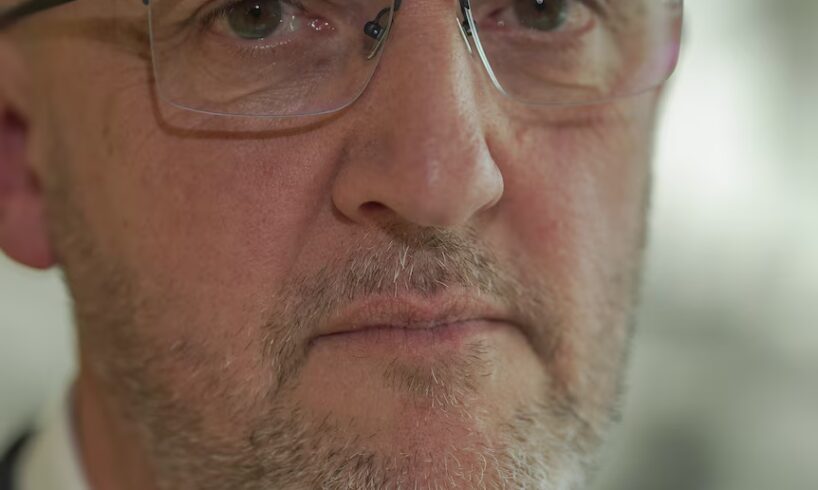
Australia’s top intelligence chief has accused Chinese state-backed hackers of attempting to infiltrate the nation’s critical infrastructure and telecommunications networks, warning that great-power competition is fuelling “unprecedented levels of espionage” that cost the economy an estimated $12.5 billion in 2023-24.
Addressing a business forum in Melbourne on Wednesday, ASIO Director-General Mike Burgess said Australia had entered an era of “strategic surprise and security fragility” and was bracing for major disruption.
“I have previously said we’re getting closer to the threshold for high-impact sabotage,” Mr Burgess told an Australian Securities and Investments Commission (ASIC) forum in Melbourne on Wednesday.
“Well, I regret to inform you — we’re there now.”
Mr Burgess cited Chinese hacking groups Salt Typhoon and Volt Typhoon, which have targeted telecommunications networks in Australia and the United States.
Referring to Volt Typhoon’s campaign against networks supporting the US military presence in Guam, he said the hackers compromised American critical infrastructure networks to pre-position for potential sabotage.
“The penetrations gave China the ability to turn off telecommunications and other critical infrastructure,” he said.
“And yes, we have seen Chinese hackers probing our critical infrastructure as well.”
While not naming Beijing directly, Mr Burgess made another apparent reference to China, saying he was aware of “one nation state — no prizes for guessing which one — conducting multiple attempts to scan and penetrate critical infrastructure in Australia and other Five Eyes countries”.
Mr Burgess said the attempts had targeted water, transport, telecommunications, and energy networks, describing the activity as “highly sophisticated” and designed to gain persistent, undetected access to systems.
“And when they have penetrated your networks, they actively and aggressively map your systems, and seek to maintain persistent undetected access that enables them to conduct sabotage at a time and moment of their choosing.”
His comments echo recent warnings from US and UK intelligence agencies about Chinese cyber groups attempting to seed access across Western critical infrastructure.
He warned that Australians may not yet grasp the scale of the threat.
“I do not think we — and I mean all of us — truly appreciate how disruptive, how devastating, this could be,” he said.
Business data threat
Mr Burgess urged business leaders to harden their systems and protect sensitive data, saying the prospect of foreign-driven infrastructure disruption “keeps [him] up at night”.
“The loss of availability in any part of our critical infrastructure can be devastating,” he said.
“That’s one phone network not working for less than one day.
“Imagine the implications if a nation-state took down all the networks? Or turned off the power during a heatwave? Or polluted our drinking water? Or crippled our financial system?”
Spy chief warns of nations ‘willing to kill’ on Australian soil
Mr Burgess said the scenarios were not hypothetical, with state actors actively exploring sabotage options to steal intellectual property, undermine companies for strategic advantage, cause chaos during elections or major national decisions, or hinder Australia’s ability to support allies in conflict scenarios.
He said it was imperative for businesses to protect their data.
“Some of the scenarios the Australian Institute of Criminology modelled for our Cost of Espionage report were eye-opening and eye-watering,” he said.
“The cyber-enabled sabotage of critical infrastructure will cost the economy $1.1 billion per incident.
“An economy-wide, week-long disruption will cost $6 billion.”
Mr Burgess also warned that espionage was just part of a rapidly evolving threat landscape.
Rising anti-authority sentiment, conspiracy movements and ideological extremism, he said, were increasing the likelihood of politically motivated violence and terrorism.
“Growing levels of grievance, conspiracy and anti-authority beliefs are driving spikes in politically motivated violence and making acts of terrorism more likely,” he said.
“They are behaving more aggressively, more recklessly, more dangerously. More willing to engage in what we call ‘high harm’ activities.”





